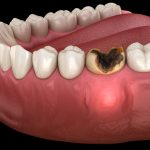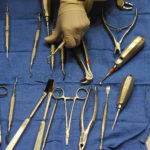Teeth Cleanings: How Long Should You Expect in the Dentist’s Chair?
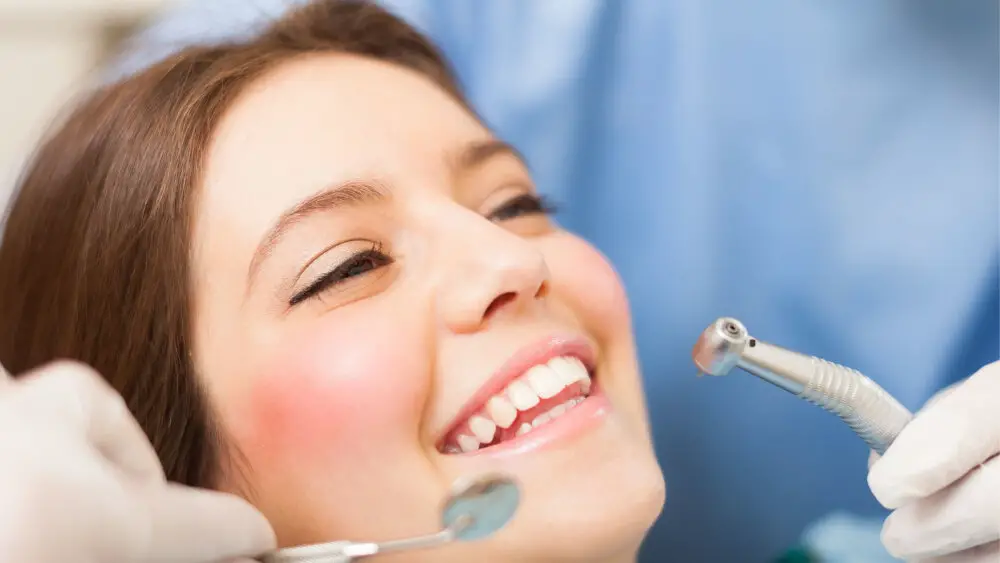
Maintaining good oral hygiene is essential for having healthy teeth and gums. This includes regular visits to the dentist for teeth cleanings. However, many people are unsure of how long a teeth cleaning appointment should take. Factors such as the individual’s oral health, the presence of gum disease, and the type of cleaning needed can all impact the length of time spent in the dentist’s chair. Teeth cleanings are typically performed by a dental hygienist and involve the removal of plaque, tartar, and stains from the teeth. The process usually begins with a physical examination of the mouth to assess any issues or areas of concern. The hygienist will then use specialized tools to remove the buildup of plaque and tartar from the teeth, followed by polishing to remove any remaining stains. Depending on the individual’s oral health, gum disease may also be treated during the appointment. This can include scaling and root planing, which can take additional time to complete. Understanding how long a teeth cleaning appointment should take can help patients better prepare for their visit and ensure that they receive the care they need to maintain a healthy smile.
Maintaining good oral hygiene is essential for overall health and well-being. Regular teeth cleanings are an important part of this process, as they help to remove plaque and tartar buildup that can lead to tooth decay and gum disease. During a cleaning, a dental hygienist will use specialized tools to clean areas of the teeth that cannot be reached by brushing alone. They will also provide advice on proper brushing and flossing techniques to help patients maintain good oral health between visits. In addition to preventing dental problems, regular teeth cleanings can also help to detect early signs of oral cancer and other serious health conditions. Overall, investing time in regular dental care can help to ensure a healthy smile and a healthy body.
A typical teeth cleaning procedure involves several steps that are aimed at removing plaque and tartar buildup, polishing the teeth, and assessing the overall oral health of the patient. The dental hygienist or dentist will begin by examining the teeth and gums for any signs of inflammation or disease. Then, they will use special instruments to gently scrape away any plaque or tartar that has accumulated on the teeth and around the gum line. Next, they will use a high-powered brush and gritty toothpaste to polish the teeth and remove any surface stains. Finally, the dentist or hygienist will floss between the teeth to remove any remaining debris and check for any areas of sensitivity or bleeding. Overall, a typical teeth cleaning can take anywhere from 30 minutes to an hour, depending on the individual needs of the patient.
Factors That Affect Cleaning Time

When it comes to teeth cleanings, the duration of the procedure can vary depending on several factors. One of the primary factors that affect cleaning time is the level of buildup on the teeth. If a patient has significant plaque or tartar buildup, it will take longer for the hygienist to remove it properly. Additionally, if a patient has not had a cleaning in a while, it may take longer to remove the buildup. On the other hand, if a patient maintains good oral hygiene habits and has minimal buildup, the cleaning may be completed more quickly. Another factor that affects cleaning time is the overall health of the patient’s mouth. If a patient has gum disease, the hygienist may need to spend extra time cleaning around the gum line and removing bacteria that can contribute to the disease. Additionally, if a patient has sensitive teeth or gums, the hygienist may need to take extra care to avoid causing discomfort. Finally, if a patient has restorations such as crowns or bridges, these areas may require additional attention to ensure they are thoroughly cleaned. Overall, the length of a teeth cleaning can vary based on several factors, but it is important to prioritize regular cleanings to maintain optimal oral health.
The frequency of dental visits is a topic of much discussion in the dental community. It is generally recommended that individuals visit the dentist at least twice a year for routine cleanings and exams, although some people may require more frequent visits depending on their oral health needs. Factors that can affect the frequency of dental visits include age, overall health, and lifestyle habits such as smoking or consuming sugary foods and drinks. Regular dental visits are crucial for maintaining good oral health and preventing serious dental problems from developing. By staying on top of your dental care, you can ensure that your teeth and gums remain healthy and strong for years to come.
Gum disease and other oral health issues can have a significant impact on the length of time needed for teeth cleanings at the dentist’s office. Gum disease, also known as periodontal disease, is a common condition that affects the gums and bone surrounding the teeth. If left untreated, it can lead to tooth loss and other serious health problems. During a teeth cleaning, the dentist or dental hygienist will thoroughly clean the teeth and gums, removing any plaque or tartar buildup. However, if there is significant gum disease present, additional treatments such as scaling and root planing may be necessary, which can lengthen the time needed for the cleaning. It is important to maintain good oral hygiene habits and attend regular dental checkups to prevent the development of gum disease and other oral health issues.
The length of time since your last teeth cleaning can have a significant impact on the duration of your appointment at the dentist’s office. If you have been diligent about maintaining your oral hygiene and have had regular cleanings every six months, then your appointment may be relatively short. On the other hand, if it has been several years since your last cleaning, then you should expect a longer appointment as the dentist will need to remove a significant amount of buildup and plaque from your teeth. Additionally, if you have underlying dental issues or require additional treatment, this will also extend the duration of your appointment. Ultimately, it is important to prioritize regular dental check-ups and cleanings to maintain good oral health and reduce the risk of more extensive dental work in the future.
During teeth cleanings, the use of anesthesia or sedation may be recommended for certain patients. Anesthesia is typically used for more invasive procedures, such as root canals or extractions, while sedation is used to help patients relax and manage anxiety during the cleaning process. Both options can help to alleviate discomfort and speed up the cleaning process, as the patient is able to remain still and relaxed while the dentist works. However, it’s important to note that not all patients will require or be eligible for sedation or anesthesia, and it’s always best to discuss your options with your dentist prior to your appointment.
Typical Cleaning Timeframes

When it comes to dental cleanings, the typical timeframe can vary depending on a few factors. Generally, a routine cleaning for a patient with good oral health can take anywhere from 30 minutes to an hour. During this time, the dentist or hygienist will thoroughly clean and polish the teeth, remove any surface stains, and check for any signs of tooth decay or gum disease. They may also take x-rays to get a more in-depth look at the teeth and gums. For patients who have not had a cleaning in a while or who have more advanced oral health issues, the cleaning time may be longer. This is because there may be more buildup of plaque and tartar on the teeth, which can take more time to remove. Additionally, if there are any signs of gum disease or other oral health issues, the dentist or hygienist may need to spend more time addressing these issues. In some cases, a deep cleaning may be necessary, which can take up to several hours to complete. It is important to note that the length of the cleaning may also depend on the individual dentist or practice, as some may have different methods or techniques for cleaning teeth.
The duration of a teeth cleaning session can vary depending on several factors, such as the level of plaque and tartar buildup, the overall oral health of the individual, and the cleaning technique used by the dental hygienist. A standard cleaning typically lasts between 30 minutes to an hour, while a deep cleaning that involves scaling and root planing can take anywhere from one to two hours. However, the length of the cleaning appointment also depends on the individual’s personal preferences and comfort level, as some patients may require more frequent breaks or require a slower pace to alleviate anxiety or discomfort during the procedure. Ultimately, the dentist or hygienist will determine the appropriate length of the cleaning based on the individual’s unique needs and circumstances.
The duration of a teeth cleaning procedure can vary significantly depending on multiple factors. Firstly, the severity of the patient’s dental condition is a crucial determinant. If the patient has extensive plaque buildup or gum disease, it may take longer to complete the cleaning process. Secondly, the frequency of dental visits is another factor. If the patient regularly schedules dentist appointments, the cleaning may be quicker and more efficient. Thirdly, the type of cleaning required may vary from person to person. For instance, a deep cleaning may take longer than a routine cleaning. Finally, the dentist’s expertise and efficiency can also affect the duration of the cleaning process. Therefore, the time required for teeth cleaning can significantly vary based on these factors, and patients should always consult with their dentist to know what to expect.
Tips for Reducing Cleaning Time
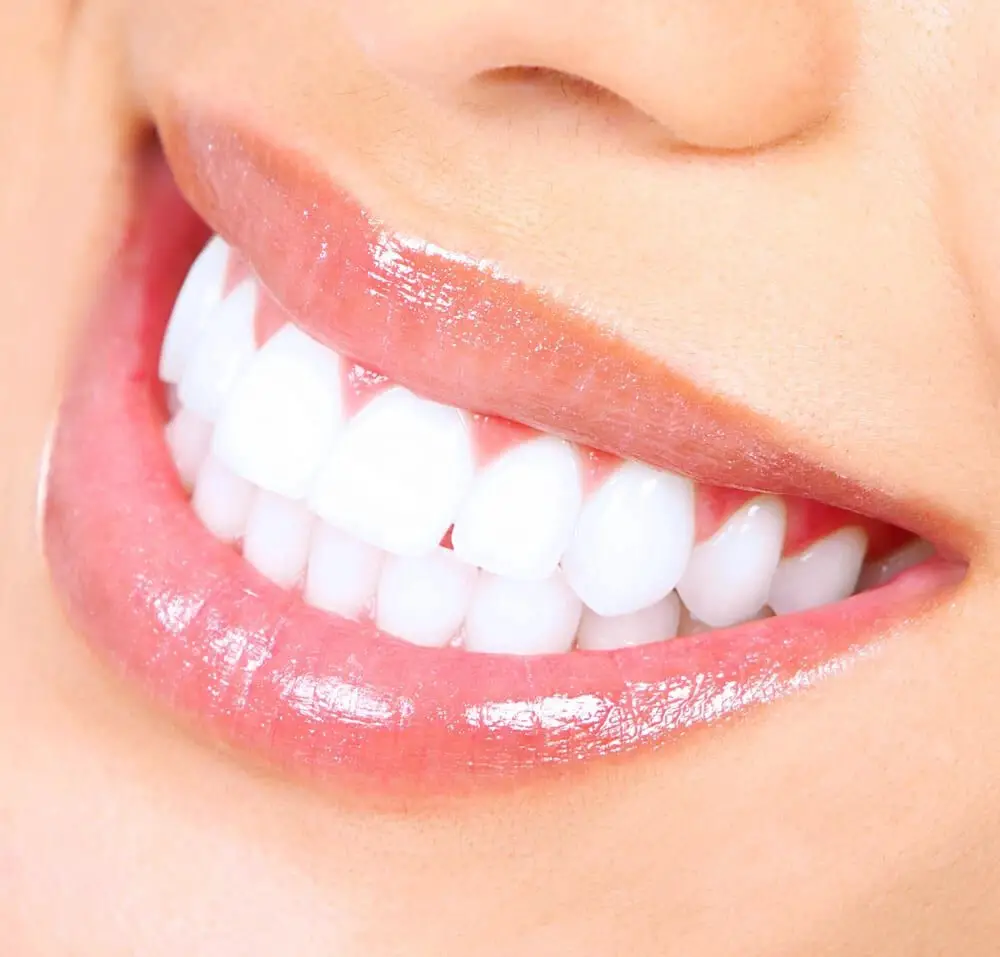
When it comes to cleaning, time is always of the essence. No one wants to spend hours scrubbing away at a dirty surface or digging through clutter to find what they need. Luckily, there are plenty of tips and tricks out there for reducing your cleaning time and making the process more efficient. One of the most important things you can do to reduce cleaning time is to stay organized. Keeping your belongings and surfaces tidy and decluttered will not only make them easier to clean, but it will also prevent dirt and grime from building up in the first place. Additionally, using the right tools and cleaning products can also make a big difference. Investing in a high-quality vacuum or microfiber cleaning cloth, for example, can help you clean more efficiently and effectively, saving you time and energy in the long run. By implementing these simple tips and tricks, you can cut down on your cleaning time and enjoy a cleaner, more organized home or workspace.
Maintaining good oral health is crucial for a healthy and happy smile. Besides regular teeth cleanings, there are several things you can do to keep your teeth and gums healthy between appointments. Brushing twice a day with fluoride toothpaste, flossing daily, and rinsing with mouthwash can help remove plaque and prevent cavities. Limiting sugary and acidic foods and drinks can also help reduce the risk of tooth decay. Additionally, staying hydrated and quitting smoking can contribute to better oral health. By incorporating these habits into your daily routine, you can maintain a healthy mouth and reduce the amount of time you spend in the dentist’s chair.
Developing good oral hygiene habits can significantly reduce the time spent in the dentist’s chair. Brushing twice daily with fluoride toothpaste, flossing every day, and using an antiseptic mouthwash can prevent tooth decay and gum disease. A healthy diet and avoiding sugary and acidic foods and drinks can also reduce the risk of dental problems. Regular dental check-ups and cleanings every six months can detect any issues early on when they are easier to treat, reducing the need for extensive and time-consuming procedures. By taking care of our teeth and gums, we can minimize the time spent in the dentist’s chair and maintain good oral health for a lifetime.
The duration of a teeth cleaning appointment can vary depending on several factors. Firstly, the health of the patient’s teeth and gums play a significant role in determining the cleaning time. If the teeth and gums are in good condition, the cleaning process may take less time compared to if there are any underlying oral health issues. Secondly, the frequency of dental visits can also affect cleaning time. Patients who visit their dentist regularly may not require as much cleaning time as those who have not had a professional cleaning in a while. The type of cleaning required, such as a routine cleaning versus a deep cleaning, can also impact the duration of the appointment. Lastly, the efficiency of the dental hygienist or dentist performing the cleaning can also affect the overall cleaning time.
Maintaining good oral hygiene habits and regularly visiting the dentist are crucial in preventing gum disease, tooth decay, and other dental problems. Brushing and flossing daily are essential for removing plaque, but professional cleanings are necessary to remove tartar buildup that cannot be removed at home. During a dental visit, the dentist can also detect early signs of dental problems and provide necessary treatment before they worsen. Neglecting dental visits and oral hygiene habits can lead to more extensive and expensive dental procedures, including tooth extractions and gum surgery. Therefore, it is imperative to prioritize dental health by scheduling regular check-ups and practicing good oral hygiene habits at home.
Conclusion
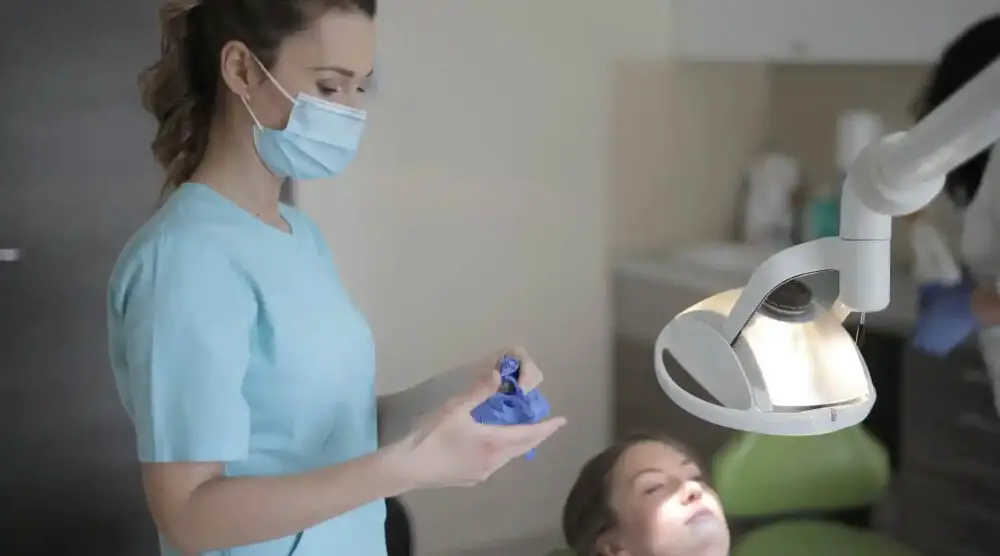
In conclusion, teeth cleanings are an essential part of maintaining good oral hygiene and preventing dental problems in the future. The length of time you can expect to spend in the dentist’s chair depends on several factors, including the level of build-up on your teeth, the thoroughness of your oral hygiene routine, and any underlying dental issues you may have. However, it is important to remember that even if a teeth cleaning takes longer than expected, the benefits to your oral health are well worth the time investment. So, don’t be deterred by the prospect of a lengthy cleaning appointment – your teeth and your overall health will thank you for it in the long run.

